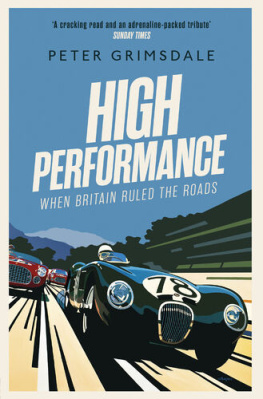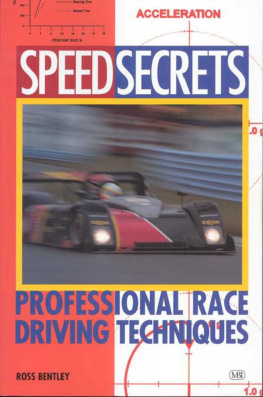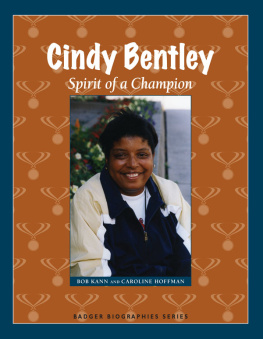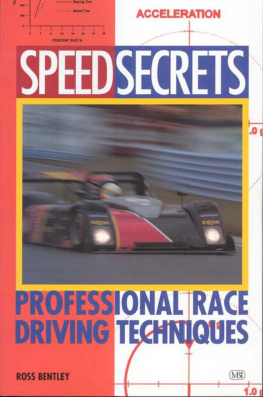ALL MY LIFE I have been steeped in British Columbias forest culture. I was raised in it and loved every aspect of itthe forests, the manufacturing, the relationships with customers and suppliers, and the business economics.
In past years, friends and colleagues often asked why I hadnt yet written a book about Canadian Forest Products, the company founded more than seventy years ago by my father, Poldi Bentley, and my uncle, John Prentice. My answer was always the same: I felt that such an account would be of interest to only a few. Over time, however, I became convinced of this project because I saw that it would allow me to describe my views of an industry that has changed so dramatically in the past century, and more important, it would permit me to thank the many first-rate people on our teampeople who helped Canfor grow and prosper.
What follows is a business memoir that gives my perspective on the most interesting aspects of and turning points in Canfors evolution.
1
A Long Journey
Vienna to Vancouver
IT WAS GOOD fortune and a love of hunting that first brought my father, Leopold Bloch-Bauer, to Canada in 1937. A friend from Germany had invited him along on a big-game hunting trip in the Rocky Mountains. He immediately fell in love with Canada. When he returned home, he enchanted us with stories about the beauty of British Columbias Elk Valley, close to the Alberta border. He was complimentary about Canadians and impressed that nobody complained as they slowly recovered from the Great Depression. He admired the positive attitude of the people he met and remarked on how genuine they were.
Fresh from the wilds of Canada, my father joined my mother, Antoinette (Toni), and her parents for a tour of Chicago, San Francisco, Los Angeles, Houston, and New York. That journey left my father with the impression of the United States as artificial and assured of his preference for Canada. I remember him pondering how things werent looking good in Europe with the continuing emergence of the Nazi movement in Germany. He kept talking about how we should consider starting a business in North America. It seemed certain that, if ever we were to settle anywhere other than in Austria, it would be in western Canada.
A year later, in 1938, we became newcomers to this immense country. I was eight years old, fluent in German and Czech, with some French but no English, and had only started to digest the drastic changes imposed on our family and so many others in recent months. We had abruptly left a luxurious, privileged, and peaceful life in Austria.
Memories of my earliest years are few but vivid. I can see myself as a toddler, pedalling my silver Arrow push-car through the large rooms of our third-floor apartment on Strohgasse in Vienna. I was awed by the height of our rooms and recall one occasion when I tried in vain (but with some consequence) to spit my spinach in the air in an effort to reach the ceiling. We passed idyllic summer months playing in my grandparents gardens at their home near Salzburg, or with my cousins in Oberleutensdorf, in the Sudetenland of Czechoslovakia. It was a happy, sheltered, and very European life. But it was fleeting.
Our family was technically Jewish, though we never thought of ourselves as such. We didnt practise religion, and it was my impression that my parents and relations identified far more as Austrian. I attended a synagogue only once, for a wedding.
The late thirties were confusing times for a small child. I didnt understand why machine-gun nests began appearing at intersections in Vienna in about 1936. Nor could I escape the embarrassing fact that I was suddenly being walked to and from school when I was perfectly capable of making my own way. But my parents insisted, saying, No, you must never be outside alone.
Our life as we had known it in Vienna changed on March 12, 1938. History books refer to what happened that day as the Anschluss, a German word that translates as link up. It was, of course, Hitlers terrifying invasion of our country. I had just crawled into bed after dinner and was still awake when my father came in and told me to get dressed. Within hours, my mother, my cousins, and I were being driven with both our nannies to the Czech border. My father had little trust in my grandparents chauffeur, so he followed behind to ensure we got through. Our car was the last vehicle to cross the border that night, and we were probably permitted to leave because my nanny and I spoke fluent Czech. My father saw us pass and then returned to Vienna, where he hoped to put his business affairs in order. Instead, he was arrested by the Gestapo and put in jail.
We waited in the temporary safety of our family home in Oberleutensdorf, where my mothers family owned a spinning mill. My maternal grandparents, Otto and Kthe Pick, and my aunt and uncle, Hans and Evi Pick (my mothers brother and sister-in-law), soon joined us. They had been at a cotton convention in Egypt when the Nazis marched into Vienna. It was clear that Czechoslovakia wouldnt be secure for long. Within days, the family chartered a three-engine Junkers German aircraft to take us from Prague to Zurich. A normal scheduled flight might have landed somewhere we didnt want to go.
I attended grade two in Zurich for a couple of months and struggled with handwriting because it was very different from what I already knew. Instead of the rounded Austrian script, I was expected to change my hand to create narrower, more vertical letters.
A particular thrill for me was living at the magical Dolder Grand Hotel, a magnificent structure that sat on a hill overlooking Zurich. I remember enjoying the footpaths around the hotel, the skating rink, and the swimming pool.
Many decades later, I would take my family for a tour of central Europe. We arrived the week before the 1972 Summer Olympics began in Munich. Because we had once owned the Canadian distributorship, Mercedes-Benz generously made available a twelve-passenger minibus for the journey. When the seven of us arrived at the Stuttgart airport, three buses were waitingone white, one blue, and one red. A Mercedes-uniformed driver greeted me, saying Herr Director, you did not specify a colour, so we brought you a choice. My children chose the white bus and I drove up to the familiar front entrance of the Dolder Grand to let everyone off and unload our luggage. The hotel had kept its original beauty and elegance, just as I had known it at the age of eight. Assuming I was a hired hand, the doorman suggested I go to the servants entrance. I told him if I could not come in, our rooms would not be paid for.


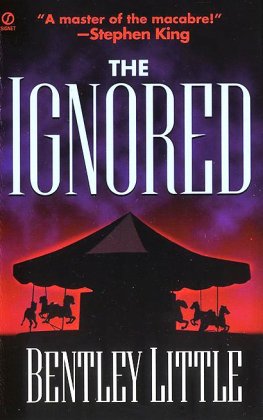
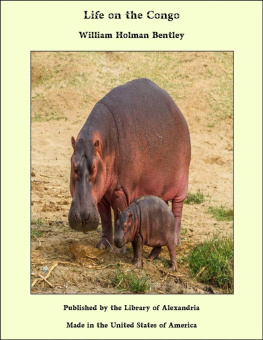
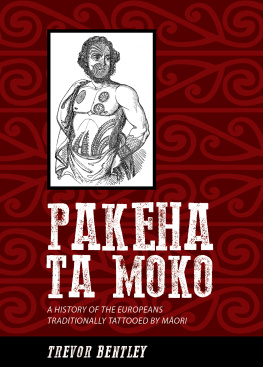
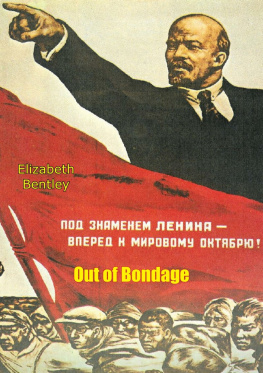
![[美]乔恩·本特利(Jon Bentley) 著 - 编程珠玑(第2版·修订版)](/uploads/posts/book/275588/thumbs/jon-bentley.jpg)
